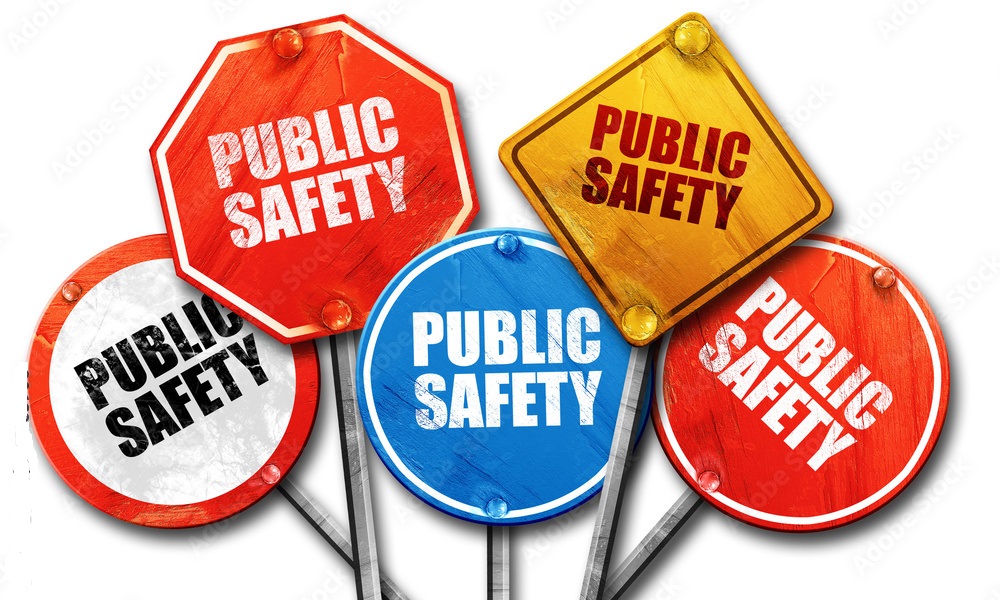-By A Special Correspondent

(Lanka-e-News -02.Aug.2025, 6.30 PM) Despite the launch of initiatives like Clean Sri Lanka, the country continues to suffer from a dangerous disconnect between policy and enforcement. The streets remain chaotic, the public uninformed, and the government disturbingly passive in the face of preventable tragedies.
Sri Lanka records over 2,000 traffic-related deaths annually, with pedestrians being the highest casualties. Instead of enforcing laws with urgency, the government appears to babysit violators, allowing dangerous behaviour to persist unchecked.
1. Bus drivers, notorious for their aggressive driving, are involved in over 1,500 accidents annually, costing the nation Rs. 800 million and countless lives.
2. The Transport Ministry’s six-month delay in mandating seatbelt use on highways is emblematic of a system that priorities appeasement over protection.
3. A Rs. 120 million road safety programme is underway, yet its impact remains invisible to the public.
Even on major roads like Galle Road in Colombo, there are no pedestrian crossings in key areas, leaving citizens to navigate traffic like cattle. The absence of zebra crossings, traffic lights, and pedestrian walkways reflects a complete disregard for public safety.
The government must:
1. Install zebra crossings at regular intervals.
2. Implement traffic signals at pedestrian-heavy junctions.
3. Construct underground or overhead walkways in high-traffic zones.
4. Launch nationwide education campaigns on road etiquette.
One of the most disturbing sights in Sri Lanka is the normalisation of pedestrians walking directly on the roads, even when pavements are available. This behavior is not only dangerous—it’s deadly. In 2024 alone, 838 pedestrians lost their lives due to road accidents.
1. The road is for vehicles, not for foot traffic.
2. The government must upgrade pavements, ensure they are walkable, and educate the public on proper usage.
3. Heavy fines and penalties should be imposed on those who walk on the road unnecessarily.
4. The Media Ministry remains silent, while only a few independent YouTubers attempt to educate the public.
In contrast, Sweden exemplifies proactive governance. From school-based health promotion to nationwide campaigns, the Swedish government educates its citizens on everything from hygiene to civic behaviour. While some examples may seem bold—such as public guides on personal hygiene—they reflect a culture of transparency and respect for public intelligence.
Sri Lanka must learn from such models and stop treating public education as an afterthought.
The Clean Sri Lanka initiative risks becoming a symbolic gesture unless backed by real enforcement, infrastructure, and education. The government must:
1. Treat public safety as a non-negotiable priority.
2. Enforce traffic laws with zero tolerance.
3. Educate citizens with clarity, consistency, and courage.
Until then, the streets will remain dangerous, and the promise of a cleaner, safer Sri Lanka will remain tragically unfulfilled.
---------------------------
by (2025-08-02 13:02:46)
Leave a Reply